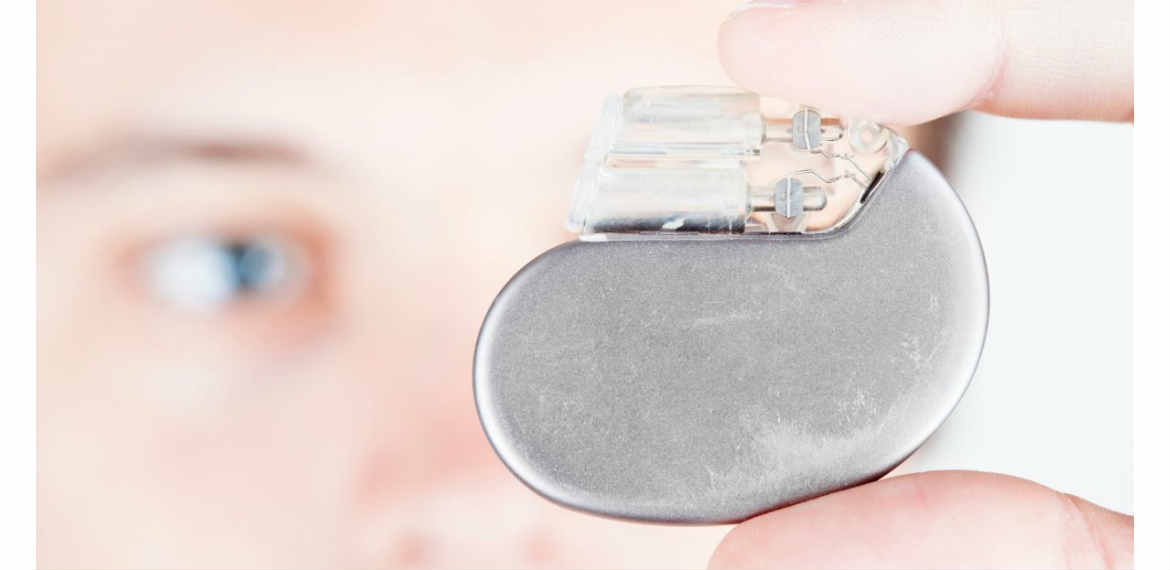While people living with pacemakers have to undergo surgery every five to ten years for the device’s battery replacement, a team of scientists are working on an implantable biomedical device which could be recharged with energy from cardiac activity.
In a report by engadget.com, engineers at Dartmouth College have developed a device that can convert the heart’s kinetic energy into electricity.
By adding “PVDF”, a thin piece of polymer piezoelectric film, to devices such as pacemakers, it can convert even the smallest motion into electricity and could also “recharge” the implanted device.
Apart from recharging the device, the modules could also be used to collect real-time health data for monitoring patients.
Research associate Lin Dong said: “We knew it had to be biocompatible, lightweight, flexible, and low profile, so it not only fits into the current pacemaker structure but is also scalable for future multi-functionality.”
The team has reportedly completed their first round of animal studies and got “great results”, believing that a self-charging pacemaker could be commercially available in about five years.
(Photo source: stjhs.org/ engadget.com)











